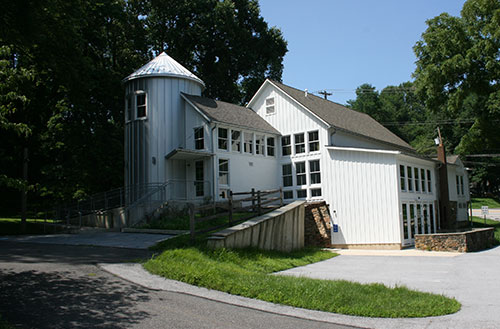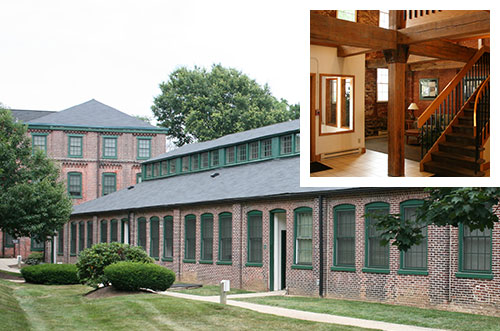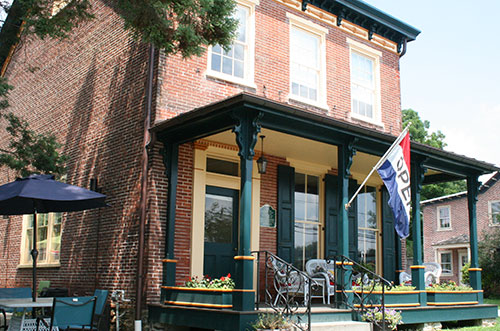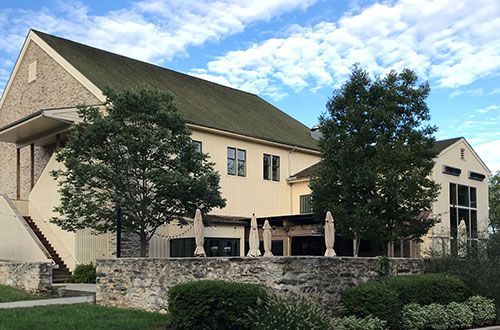Implementation — How we Appreciate
⑦Promote adaptive reuse and compatible development
Examples of Adaptive Reuse
Adaptive reuse in a context sensitive manner positively impacts the economy and community.



Promote adaptive reuse and compatible development in historic areas to preserve their vitality and diversity while respecting their historic sense of place.
Why:
Adaptive reuse and compatible development or redevelopment in the county's historic open space, villages, towns, hamlets, and city is critical to preserving Chester County's unique features and maintaining economic vitality.
How:
Developing historic resource design standards for the distinctive landscapes in the county, developing historic resource zoning provisions, and providing case studies to reference best practices are separate but related activities that would advance this recommendation. National Register listing can also advance adaptive reuse, as listed properties are eligible for federal and state tax incentives for historic rehabilitation. Together these activities provide overall guidance and incentives that can be modified to suit specific communities and their resources. The Chester County Planning Commission would lead this effort in coordination with municipalities and other partners.
